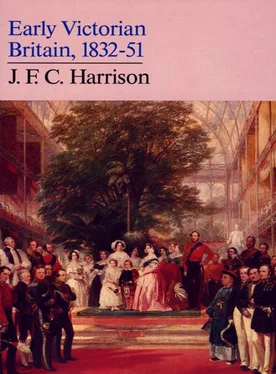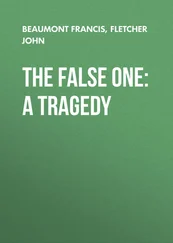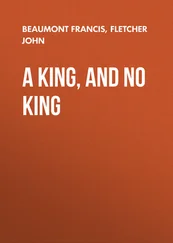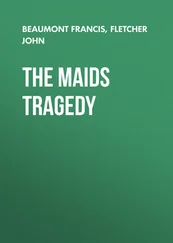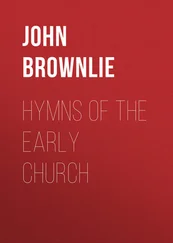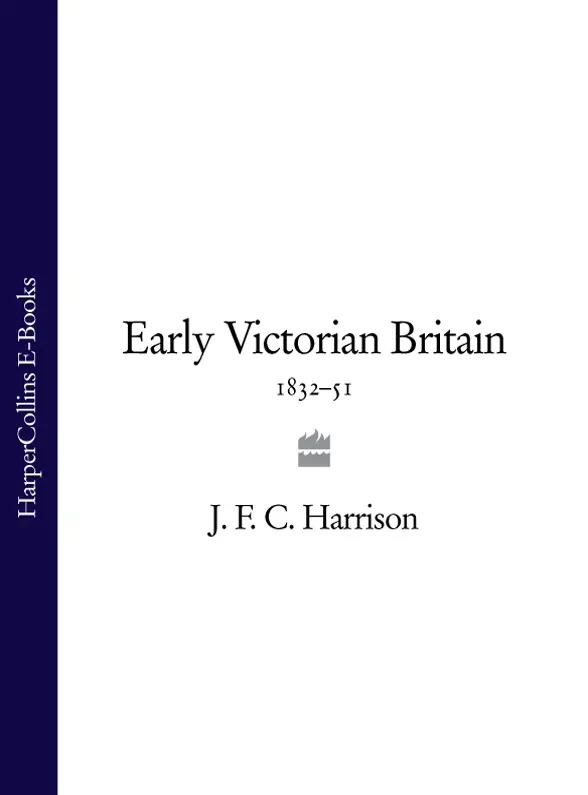
J. F. C. Harrison
Early Victorian Britain
1832–51

Cover
Title Page J. F. C. Harrison Early Victorian Britain 1832–51
Preface Preface The writing of this book was begun in September 1968 when the author was a visiting research fellow in the Research School of Social Sciences at the Australian National University, Canberra. My thanks are due to Professor John A. LaNauze and his colleagues in the Department of History for their very great kindness to me, and for providing the most perfect conditions for academic work. The manuscript was read in part by Dr F. B. Smith, Professorial Fellow in the Department of History, RSSS, Australian National University, and in whole by Dr E. J. Hobsbawm, Emeritus Professor of History at Birkbeck College, University of London. To both of them I wish to express my thanks and appreciation. In part of Chapter Five I have drawn upon material which I used previously in my book Learning and Living, 1790–1960 (1961), and I am grateful to the publishers, Messrs Routledge and Kegan Paul Ltd, London, and the University of Toronto Press, Toronto, Canada, for permission to do this. J.F.C.H.
Introduction
1 The Social Experience of Industrialism
Population: or the Fears of the Reverend Mr Malthus
The Progress of the Nation
2 Patterns of Poverty: Labouring People
3 The Condition-of-England Question
4 Patterns of Prosperity: the Middling and Upper Classes
5 Early Victorian Values
The Map of Religion: Church and Chapel
Mental and Moral Improvement
6 Social Change and Social Movements
Further Reading
Index
About the Author
Notes
Copyright
About the Publisher
The writing of this book was begun in September 1968 when the author was a visiting research fellow in the Research School of Social Sciences at the Australian National University, Canberra. My thanks are due to Professor John A. LaNauze and his colleagues in the Department of History for their very great kindness to me, and for providing the most perfect conditions for academic work.
The manuscript was read in part by Dr F. B. Smith, Professorial Fellow in the Department of History, RSSS, Australian National University, and in whole by Dr E. J. Hobsbawm, Emeritus Professor of History at Birkbeck College, University of London. To both of them I wish to express my thanks and appreciation.
In part of Chapter Five I have drawn upon material which I used previously in my book Learning and Living, 1790–1960 (1961), and I am grateful to the publishers, Messrs Routledge and Kegan Paul Ltd, London, and the University of Toronto Press, Toronto, Canada, for permission to do this.
J.F.C.H.
This book is intended to be a brief introduction to the history of British society between 1832 and 1851. It is not a sociological history, nor does it take a ‘men and manners’ approach. Rather it is an attempt to synthesise recent work in the field and indicate the way in which social historians in Britain and America are now interpreting the early Victorian period. The work of the pioneers in this area (J. L. and Barbara Hammond, G. D. H. Cole, J. H. Clapham, G. M. Young and others) is still indispensable for a study of early Victorian society. But this work was mostly rooted in the 1920s and 1930s, and in the years since then interest has shifted to new problems and new ways of sifting the evidence, though this re-evaluation has not yet proceeded very far. One of the purposes of this book is to convey a sense of the problems which face the social historian, to enable the reader to glimpse some of the difficulties as well as the intellectual excitement in recreating and analysing a past society. ‘History,’ said a very great social and economic historian, R. H. Tawney, in his inaugural lecture at the London School of Economics in 1932, ‘is concerned with the study, not of a series of past events, but of the life of society, and with records of the past as a means to that end.’ The historian’s role ‘is ultimately to widen the range of observation from the experience of a single generation or society to that of mankind’.
The period under review in this book begins with the passing of the Great Reform Bill in 1832 and ends with the Great Exhibition of 1851. Between these terminal dates lies a turbulent, confusing era variously labelled the Age of Reform, the Age of the Chartists or the Hungry Forties. Massive events like the New Poor Law, Chartism, the repeal of the Corn Laws and the Great Irish Famine are played out amidst pedestrian political manoeuvrings and violent fluctuations of the economy. Statesmen later to become the most famous of household names (Gladstone and Disraeli) hover in the wings; figures now long forgotten (like George Hudson the Railway King) dazzle the public eye for their brief period of glory. A young, attractive (if not beautiful) Queen is a refreshing change from the previous despised monarchs, her wicked uncles. Presiding over the nation in his unique role as a folk hero is the arch-conservative and victor of Waterloo, the ageing Duke of Wellington.
Some of these characters and events will appear from time to time, but they are incidental to the main subject of the book which is society as a whole. We shall be concerned with the total structure of society, and social relationships between groups and individuals and the social institutions which define those relationships. The economic roots of these social patterns, the different life styles among various groups, and the corresponding ideologies will be brought out. Industrialism, urbanisation, improvement and self-help will provide dominant themes. In a final chapter on social mobility and social reform movements we shall consider problems of change, both sanctioned and rebellious. The regional and national diversity of Britain is seldom sufficiently emphasised by historians. Differences between town and countryside, metropolis and provinces, one main region and another, are mentioned in this book, but Irish, Scottish and Welsh readers may well feel that its bias is too exclusively English.
This last difficulty points up the limitations of a book such as this. Inevitably the writer of a general history has to draw upon the specialist work which has been done in various areas of the field. Sometimes these specialist studies will be plentiful and useful; at other times they may be completely lacking or only marginally useful. There are many questions which the historian would like to, but which he cannot answer, simply because he lacks the relevant data or monographs. It is therefore important to establish at the beginning what we know, what we don’t know and what we need to know about the social history of the early Victorian period.
Apart from politics, we probably know most about the economic background and the social costs of the process of intensive industrialism. A lively debate as to whether the standard of living of the working classes improved or deteriorated still continues, and has stimulated research into little-known aspects of the day-to-day life of labouring people. Because of the interest which labour and socialist historians from Karl Marx onwards have always shown in this period, we know a good deal about the various radical and social reform movements of the 1830s and 1840s. Examinations of the concept of class and the dynamics of popular protest have further deepened our understanding in this area. Recently there have been studies of the New Poor Law; and the shadowy underworld of crime, prostitution and pornography has begun to be seriously probed. The landed interest has been systematically described and analysed; and the respectable, self-help classes have begun to attract more sympathetic study than they once did. Literary evidence (novels, poems and articles) has been well used to characterise Victorianism, and to explore, among other things, the social attitudes of the age. In general, the substance of this book has been drawn from those parts of early Victorian social history about which we know most.
Читать дальше
